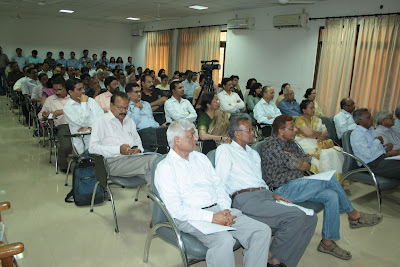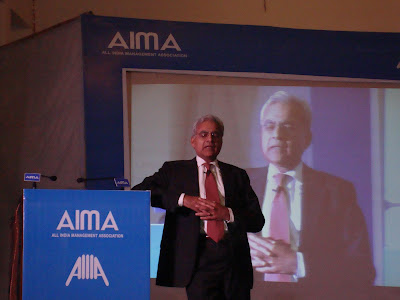T |
witter in its last five years has ensued the best way to commune to entire globe in few words. Not only in our state but globally has turned out to be a revolution in the world of web journalism. Now Twitter is not only used by journalist but it is beloved among celebrities too. In fact numerous gigantic planet news stories were foremost crack through twitter only.

Reports have come into sight all the way through media that bolloywood celebrity Shah Rukh Khan has clogged tweeting. He uttered that nearly all of the epoch fans pose very personal and vulgar query and additionally share it with their acquaintances. Hearsay also pronounces that a score of other Celebes too have sluggish tweeting but not blocked. The details are akin to that if a bigwig have bunged smoking. But seniors don’t recommend discontinuing tweeting for the reason that it is not awful.
Bhartiya Janta Party has as well recommend Leader of Opposition in Lok Sabha Sushma Swaraj to abscond Twitter. She approved the guidance but it turn out to be predicament for the media as at the present they would be incapable to get immense news stories. At the outset enormous news stories can be acquired from twitter like when Bhartiya Janta Party leaders come to a decision to went to Lal Chowk- Srinagar they were congested near the border of Jammu & Kashmir this Republic day, Swaraj was bring up to date each and every minute move on Twitter. Nevertheless malevolence of this Swaraj has run off tweeting. But still blog of Lal Krishna Advani is on similar to Amitabh Bacchan.
These days’ blogs of both of them are exceedingly illustrious in actuality if we acquire an account of big information in relation to them nearly every one of them were taken from their blogs only. For the most part of the occasion newspapers dig up news from their only. Both of them are the most admired entity in their fields. No body has fortitude to request both of them to discontinue webbing. Moreover Sushma Swaraj has also turned out to be major leader of her party but she acknowledged the recommendation in verity she is not like Shashi Tharoor who throw-outs all advices in spite of hullabaloo.
I am too extraordinarily active on Twitter and Blogging I would adore to see big Celebes and stars of our nation of web. In fact accounts of leaders like Narendra Modi of Bhartiya Janta Party and Manish Tiwari of Indian National Congress portray that the polity of our country stirring towards the novel era which would be an epoch unproblematic to communicate and extremely speedy in receiving any information from end to end whichever lone.
Follow me- http://twitter.com/PPPrateekPathak
Prateek Pathak
Student
B.A in Media Studies

















































